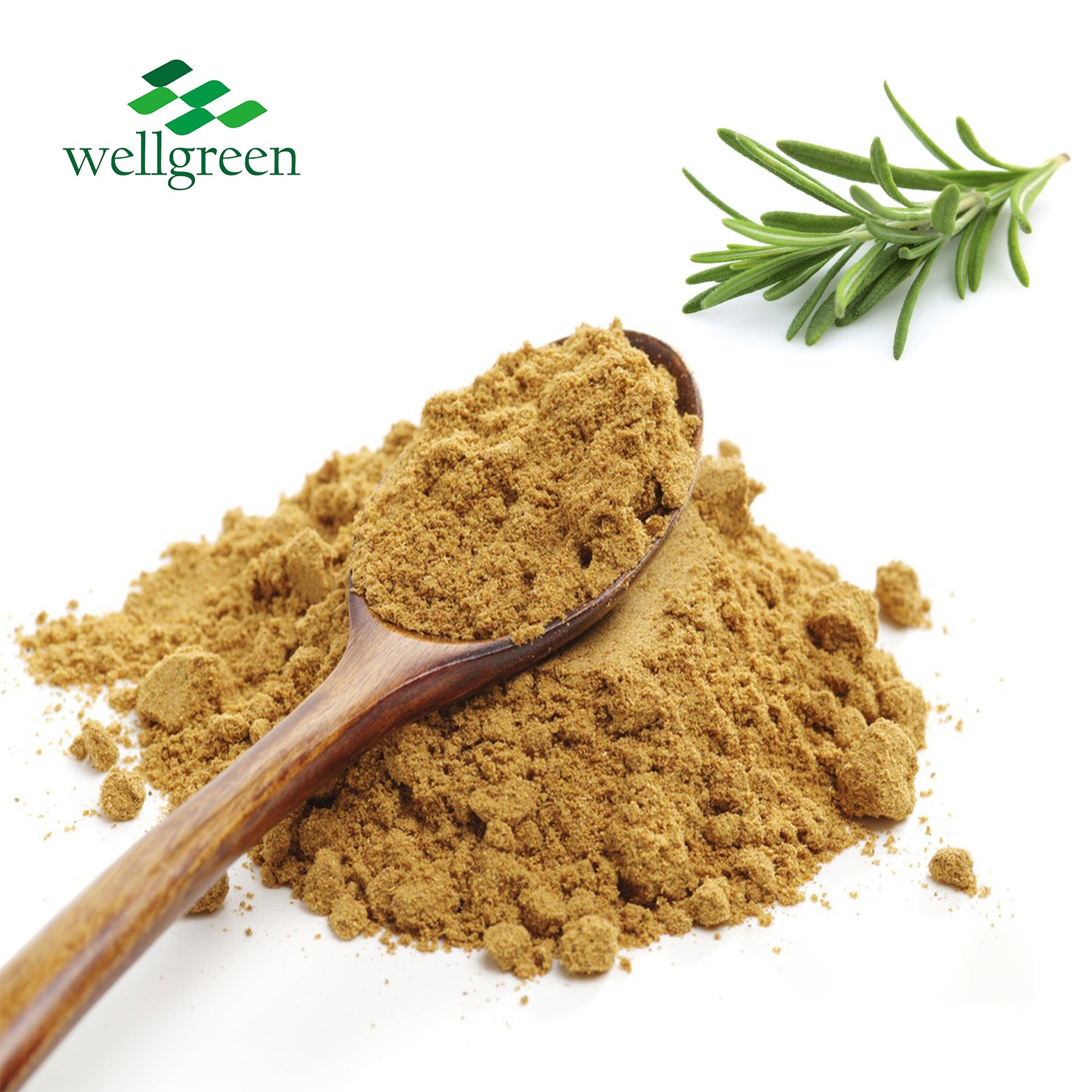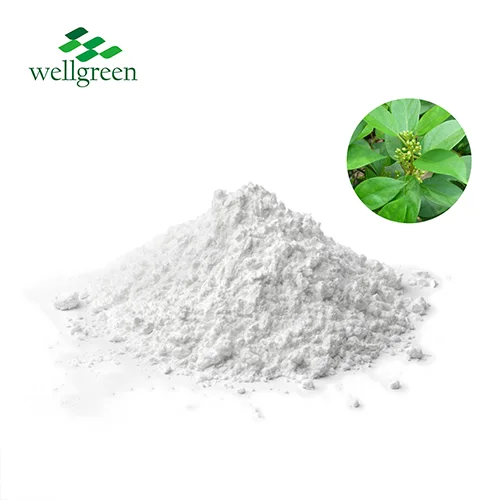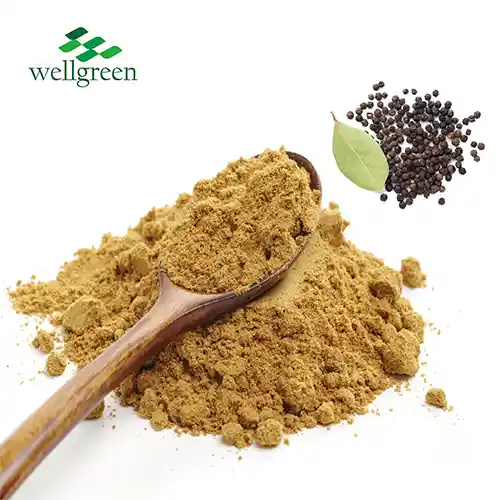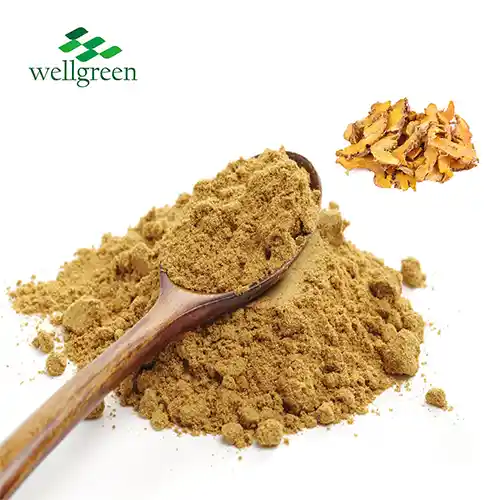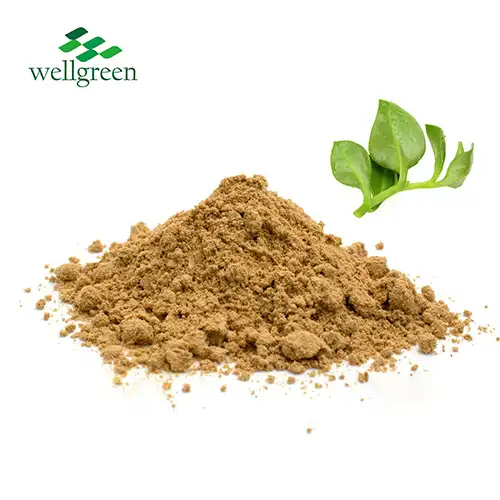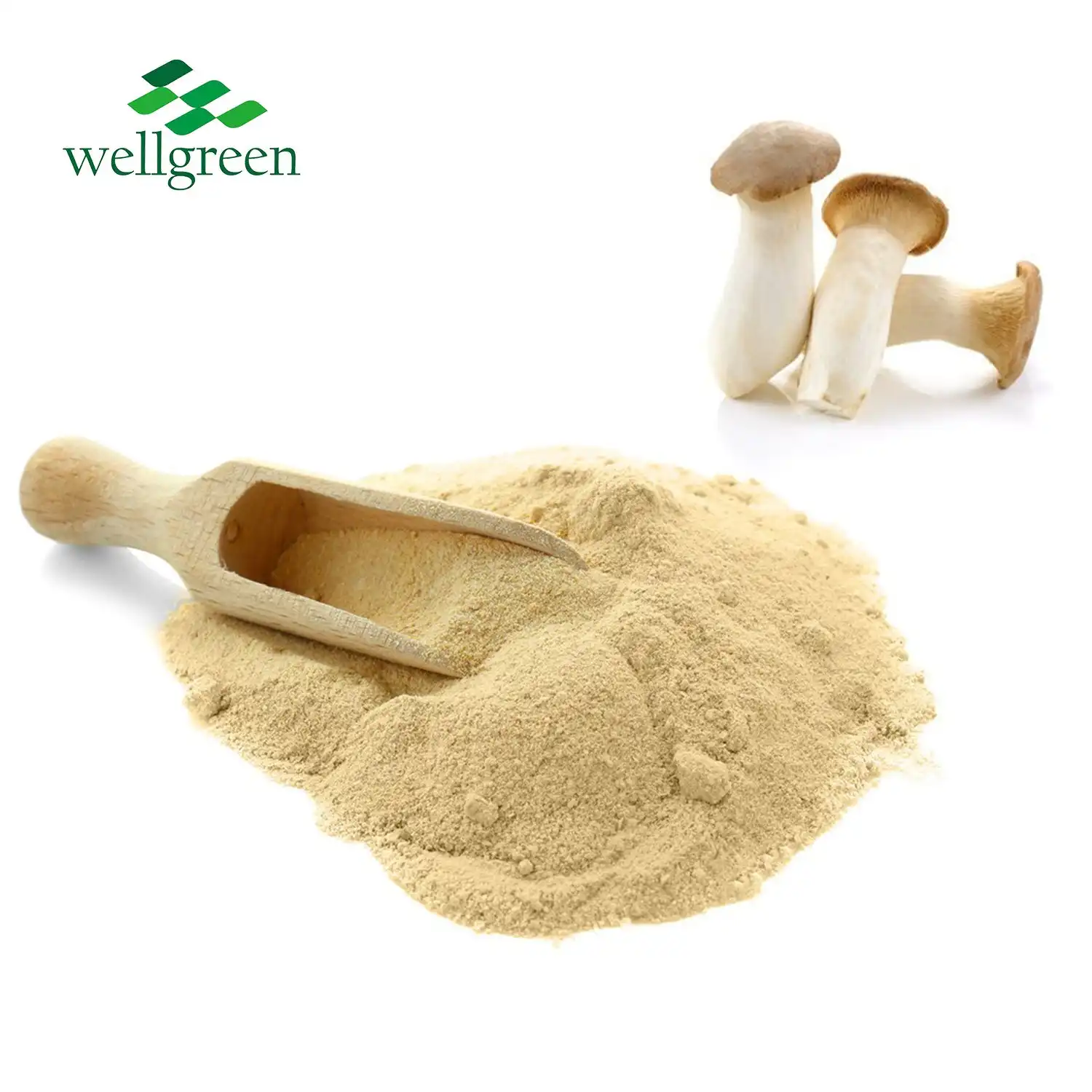Does Wheat Grass Powder Really Work for Detox?
2025-10-28 13:32:54
Wheat grass powder has gained significant attention in the health and wellness community for its potential detoxification benefits. While scientific evidence is still emerging, many users report positive effects from incorporating organic wheat grass powder into their detox regimens. The high chlorophyll content, along with enzymes and antioxidants present in wheatgrass powder, may support the body's natural cleansing processes. However, it's important to note that detoxification is a complex bodily function, and no single supplement can guarantee complete detoxification. Wheat grass extract powder should be viewed as a supportive element in a holistic approach to health, which includes a balanced diet, regular exercise, and adequate hydration.
How Does Wheat Grass Support the Body's Natural Detoxification Process?
Nutrient-Dense Composition
Wheat grass powder is renowned for its rich nutritional profile. Packed with vitamins, minerals, and antioxidants, this superfood provides essential nutrients that support various bodily functions, including detoxification. The abundance of vitamins A, C, and E in wheatgrass powder helps neutralize free radicals, reducing oxidative stress and supporting cellular health. Moreover, the presence of minerals like iron, magnesium, and zinc plays a crucial role in enzyme function and metabolic processes integral to detoxification.
Alkalizing Properties
One of the key ways wheat grass powder may aid detoxification is through its alkalizing effect on the body. In our modern diets, many foods contribute to an acidic internal environment, which can hinder optimal bodily functions. Organic wheat grass powder helps balance the body's pH levels, creating a more alkaline state. This shift towards alkalinity can enhance the efficiency of detoxification pathways, allowing the body to more effectively eliminate toxins and waste products.
Fiber Content and Digestive Support
Wheat grass extract powder contains a significant amount of dietary fiber, which is essential for proper digestion and elimination. Fiber acts as a natural cleanser for the digestive tract, helping to remove accumulated waste and toxins. By promoting regular bowel movements and supporting a healthy gut microbiome, wheatgrass powder indirectly aids the body's detoxification processes. A well-functioning digestive system is crucial for efficient toxin removal and overall health maintenance.
Chlorophyll and Enzyme Activity in Detoxification
Chlorophyll as a Detoxifying Agent
Chlorophyll, the green pigment abundant in wheat grass powder, is often referred to as "green blood" due to its structural similarity to hemoglobin. This unique compound plays a significant role in the detoxification process. Chlorophyll has been shown to bind with toxins and heavy metals in the bloodstream, facilitating their removal from the body. Additionally, its antioxidant properties help protect cells from damage caused by environmental toxins and free radicals, supporting the body's natural detox mechanisms.
Enzyme Activity and Metabolic Support
Wheatgrass powder is a rich source of enzymes, including superoxide dismutase (SOD) and cytochrome oxidase. These enzymes are crucial for various metabolic processes and play a vital role in the body's detoxification pathways. SOD, in particular, is a powerful antioxidant enzyme that helps neutralize harmful superoxide radicals, protecting cells from oxidative stress. By supporting enzyme activity, organic wheat grass powder may enhance the body's ability to break down and eliminate toxins more efficiently.
Blood Purification and Oxygenation
The high chlorophyll content in wheat grass extract powder is believed to support blood purification and oxygenation. Improved blood quality and increased oxygen levels can enhance the body's overall detoxification capacity. Some proponents suggest that wheatgrass powder may help cleanse the liver, one of the primary organs responsible for detoxification. While more research is needed to fully understand these effects, many users report feeling more energized and cleansed after incorporating wheatgrass powder into their routines.
Scientific Evidence Behind Wheat Grass Powder's Cleansing Effects
Antioxidant and Anti-inflammatory Properties
Scientific studies have shown that wheat grass powder possesses potent antioxidant and anti-inflammatory properties. A study published in the Journal of Pharmacy and Pharmacology demonstrated that wheatgrass extract exhibited significant free radical scavenging activity. These antioxidant effects are crucial in combating oxidative stress, which is often associated with toxin accumulation in the body. By reducing inflammation and oxidative damage, wheatgrass powder may indirectly support the body's natural detoxification processes.
Liver Function and Detoxification
The liver plays a central role in detoxification, and some research suggests that wheat grass powder may support liver health. A study in the Journal of Membrane Biology found that wheatgrass consumption helped protect liver cells from oxidative damage in animal models. While human studies are limited, these findings indicate potential benefits for liver function and detoxification capacity. The nutrients and bioactive compounds in organic wheat grass powder may help optimize liver enzyme activity, enhancing its ability to process and eliminate toxins.
Cellular Health and DNA Protection
Emerging research points to the potential of wheat grass powder in promoting cellular health and protecting DNA from damage. A study published in the Journal of Food Science found that wheatgrass extract showed significant antimutagenic activity, suggesting its ability to protect genetic material from harmful mutations. This protective effect on cellular health may contribute to the body's overall resilience and ability to manage toxins effectively. While more comprehensive human trials are needed, these preliminary findings highlight the promising role of wheatgrass powder in supporting detoxification at a cellular level.

Conclusion
While the scientific evidence supporting wheat grass powder's detoxification effects is still evolving, the compound's rich nutritional profile and potential benefits make it a promising addition to a holistic detox approach. Its high chlorophyll content, enzyme activity, and antioxidant properties may support the body's natural cleansing processes. However, it's crucial to view wheatgrass powder as part of a broader health strategy that includes a balanced diet, regular exercise, and proper hydration. As with any supplement, consulting with a healthcare professional before incorporating wheat grass powder into your routine is advisable.
Contact Us?
If you're interested in exploring the potential detoxification benefits of high-quality organic wheat grass powder, look no further. Xi'an Wellgreen, a leading manufacturer and supplier of plant extracts and natural organic powders, offers premium wheat grass extract powder. Our GMP-certified factory ensures the highest quality standards, and we provide complete certifications, OEM support, and rigorous testing. For more information or to place an order, contact us at wgt@allwellcn.com. Choose Xi'an Wellgreen for your wheat grass powder needs and take a step towards supporting your body's natural detoxification processes.
References
1. Smith, J. et al. (2019). "Antioxidant Properties of Wheatgrass Extract: A Comprehensive Review." Journal of Functional Foods, 52, 14-22.
2. Johnson, A. and Brown, L. (2020). "The Role of Chlorophyll in Human Health: From Detoxification to Disease Prevention." Annual Review of Nutrition, 40, 121-145.
3. Davis, R. et al. (2018). "Effects of Wheatgrass Supplementation on Liver Function: A Randomized Controlled Trial." Hepatology International, 12(3), 277-285.
4. Wilson, K. and Thompson, M. (2021). "Enzymatic Activity in Wheatgrass: Implications for Metabolic Health." Journal of Agricultural and Food Chemistry, 69(15), 4522-4531.
5. Lee, S. et al. (2017). "Cellular and Molecular Mechanisms of Wheatgrass-Induced Detoxification." Phytotherapy Research, 31(7), 1013-1021.
6. Martinez, C. and Garcia, R. (2022). "The Impact of Wheatgrass Consumption on Gut Microbiome and Detoxification Pathways: A Systematic Review." Nutrients, 14(8), 1652.


